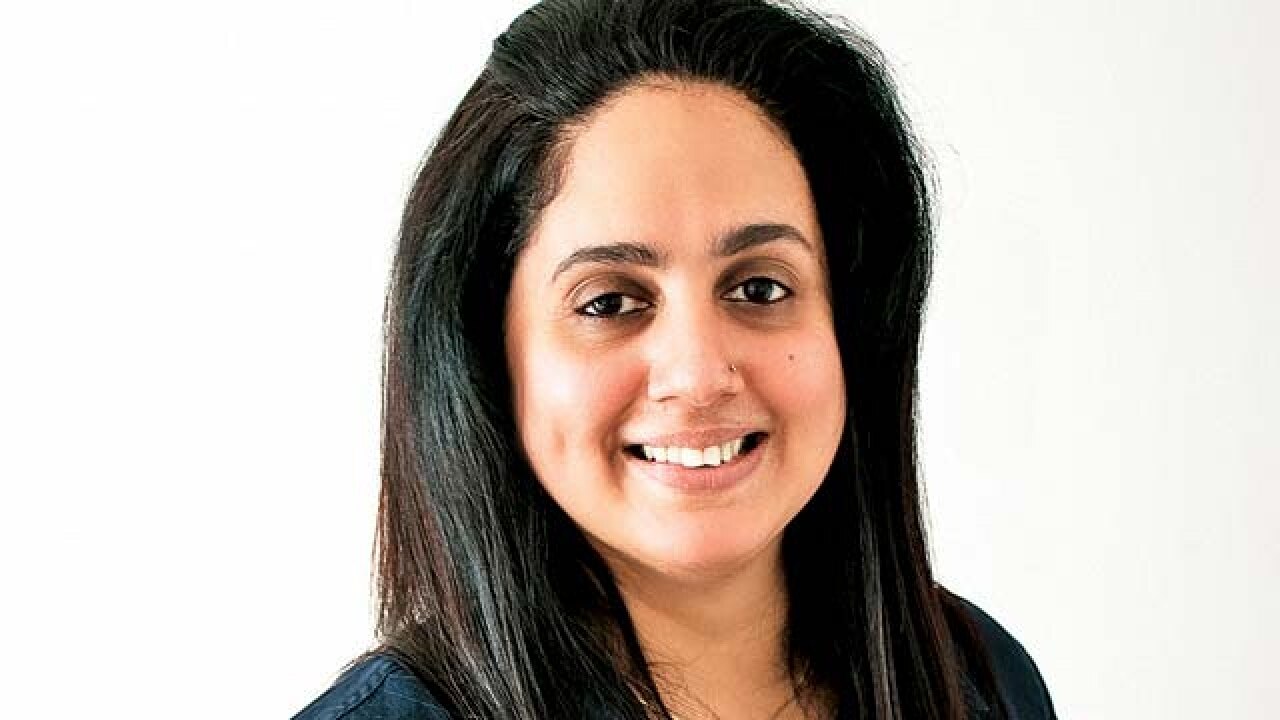
It was quite a jump for Fiona Arakal, director of Ishka Renewable Farms Pvt Ltd, and her husband to scale over from photography and hotel business to growing capers. After three years of trying to get it right, Arakal tells Praveena Sharma she is ready to export and start a co-operative of the widely used ingredient in Mediterranean cooking in the small village of Niravi Pudhupatt of Tuticorin district and has even managed to secure commercial loans from banks as her domestic sales picks up
The reason we decided to look at capers is that it grows very well in Indian conditions and nobody has done it in an organised way. As far as the market is concerned, I wouldn’t its say it’s like tomatoes or potatoes but a niche market for it exists. Currently, it is imported into India. We will substitute the imports with our capers that are superior and organically and sustainably grown in India. We are looking to export it too. It’s also a crop that makes sense in the area that we are in, which has very little rain, black cotton soil and lots of sunshine.
We haven’t started exporting but it is good for exports in terms of flavours. We have sent our capers to large buyers in Australia and Florida and have passed the taste test. It is also good in terms of lab certification. Our assumption is that if you can meet the European criteria as far as chemical residue and pesticide is concerned then you have pretty much nailed it. What we have to wait for now is sufficient quantities to export. Economics for exports don’t work out unless I can stuff a full container, which is upwards of 4-5 tonne. This year’s harvest is available for top chefs of the country, who sound very positive because they had never got same year’s harvest in the kitchen till now. How a caper feels in your mouth and tastes depends on how fresh it is.
We find that a lot of chefs are turning local. They are switching to us because we are practising organic and sustainable farming. So, even though I am slightly more expensive than imported capers, I don’t see them not buying. We have a 90% conversion rate of anybody that I have approached. If there is 10% which is sitting on the fence, it’s usually not because of the price but because of the size of the package and the fact that they already have stock and will buy from me only after 2-3 months. I have chefs from Hyatt, Marriot, Westin and a host of fine-dine restaurants like Mumbai Canteen, Indigo and others buying from me. The easiest or the wisest thing economically would have been to appoint a distributor but we want to remain farm to fork.
We are doing tissue culture. Right now, all my plants are mother plants from Argentina. Every time we take a sapping consignment, we lose are a lot in transit. Also, every year as the plant gets older its yield increases. Last year, I had only two tonnes but this year the same land, with same number of plants, could give 4-4.5 tonnes of capers.
I don’t think the workforce is commercial viable but we are forcing partners to give us fair trade prices because we pay fair wages. We have mechanised a lot of the work on the farm but a lot of things have to be done by hand. For which the commercials are very difficult but everyone agrees the product is superior. We are 40-50% more expensive then the retail imported produce. Even when I go institutional I am 20% costlier.
We are nowhere near breakeven. If it happens in 2020 I will be very delighted. In terms of funding, every penny we have saved and earned since we started working has gone into the Ishka Farms. This year, for the first time we took a bank loan because we were able to show the bank what we have done over the past three years and were able to get commercial bank funding because our sales is picking up.
For expansion, we will crop the entire 400 acres we own. Also, because of tissue culture, we will have far more saplings than we need. Then, we hope to swing to co-operative farming mode in our area, where a lot people hold small farm lands. We will give them saplings and show them how the model works. I have reached a stage where villagers are convinced that it will work. We have set up a very huge processing facility in the centre of the village on a land we own. Also, this calendar year, there will be export of at least one container.